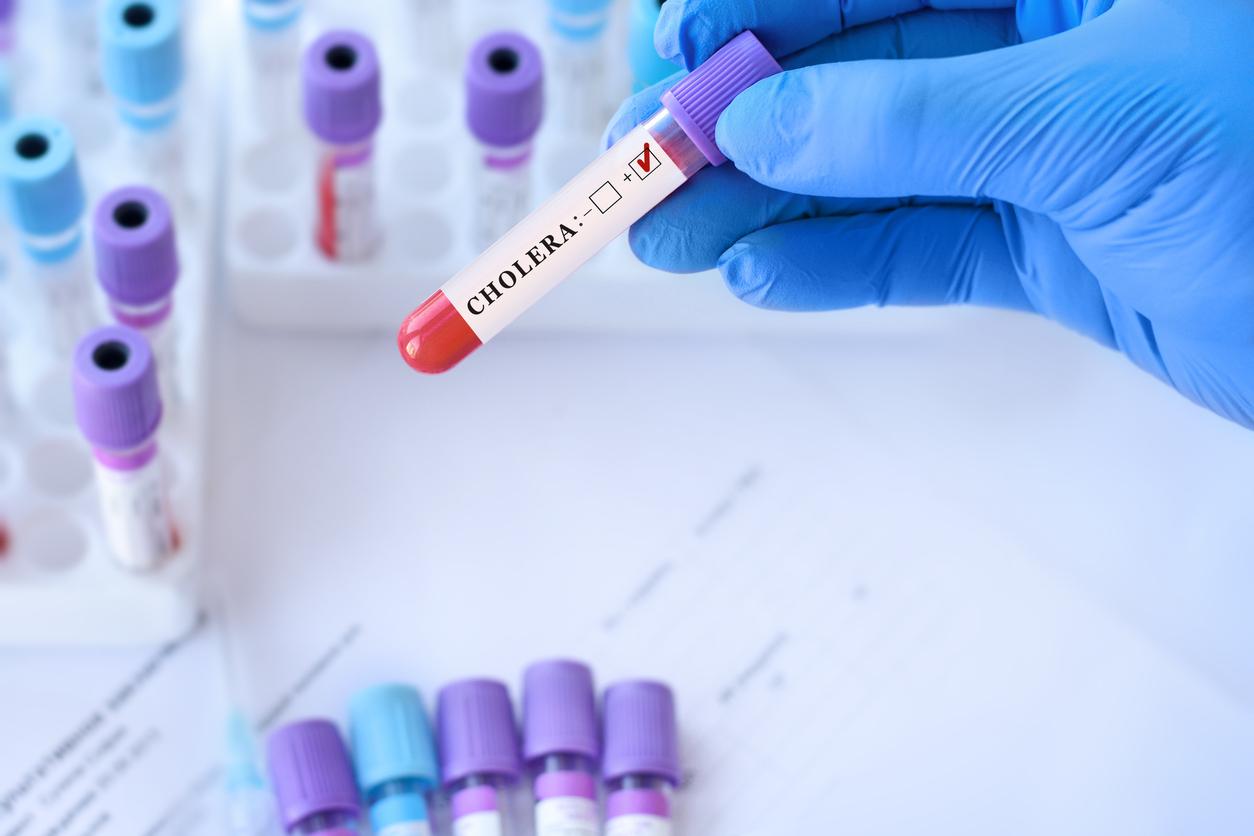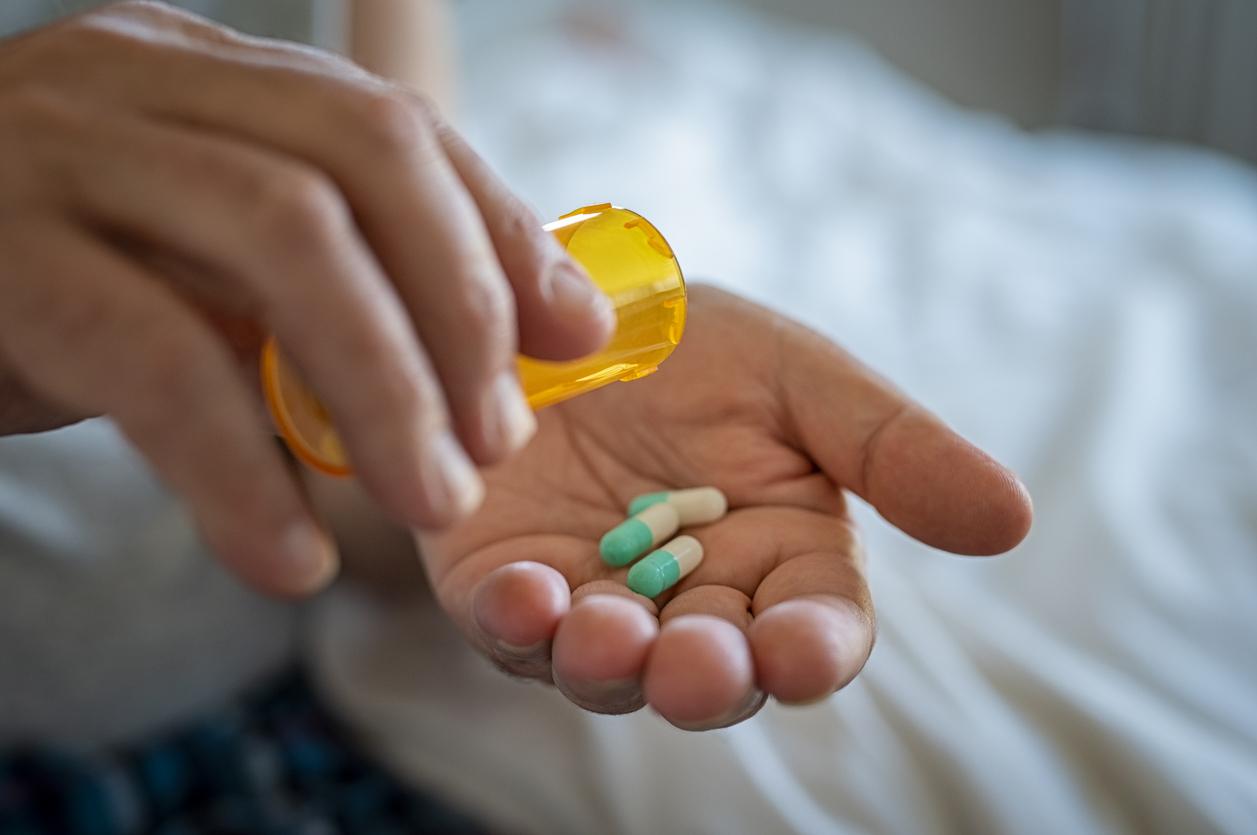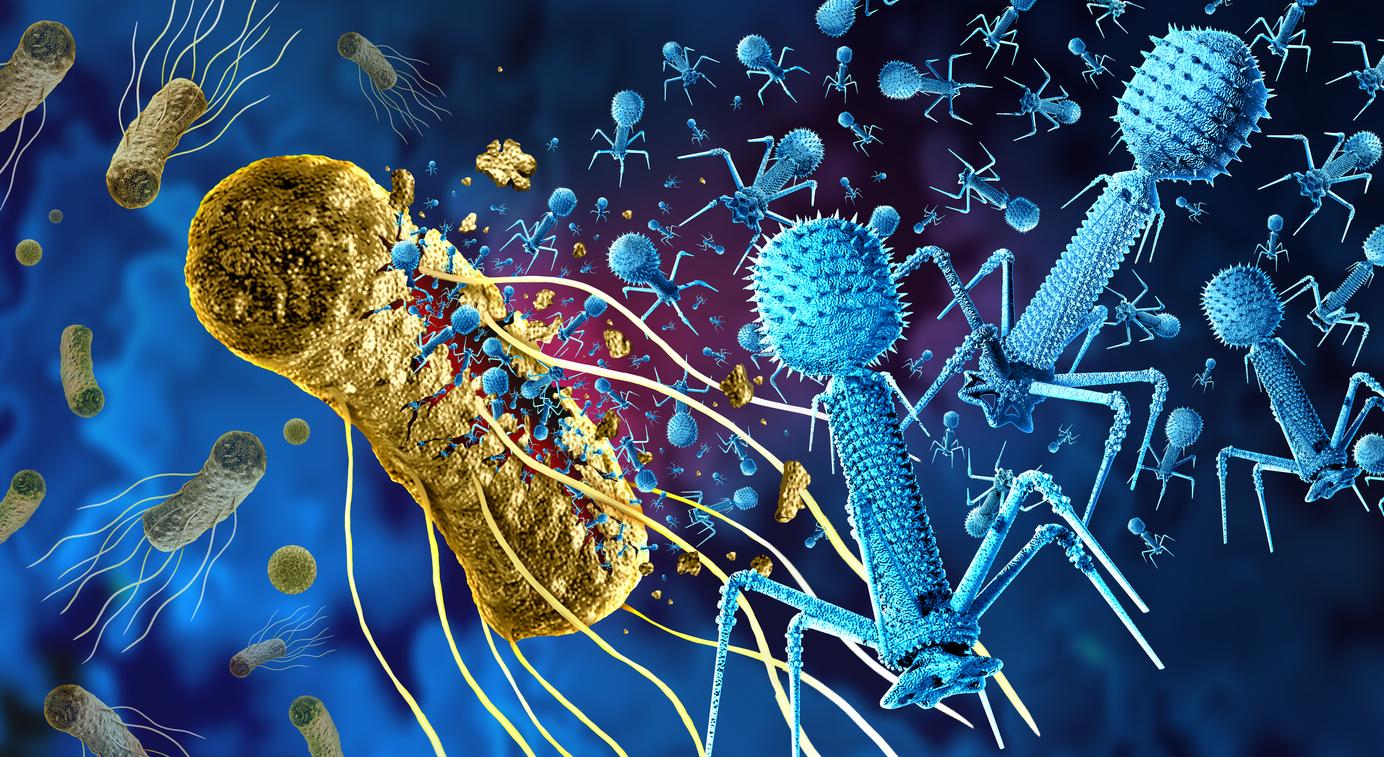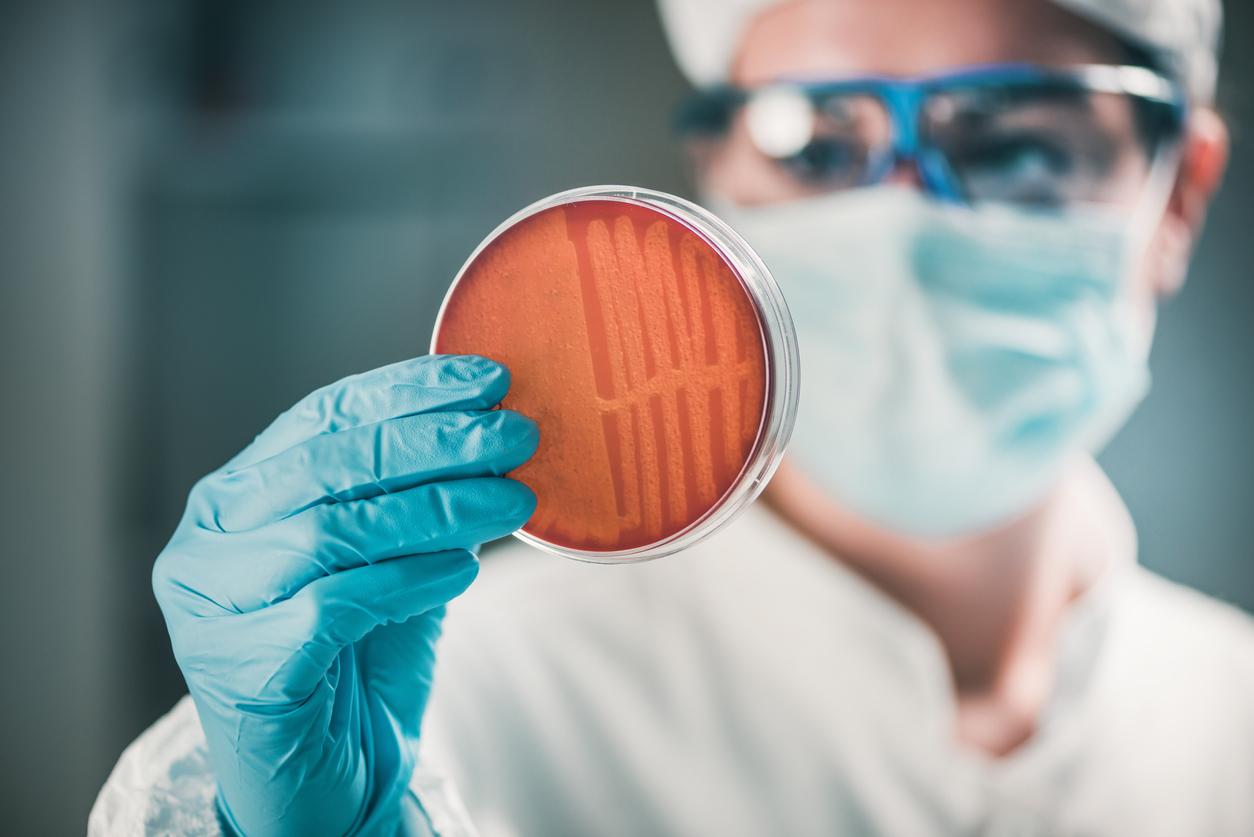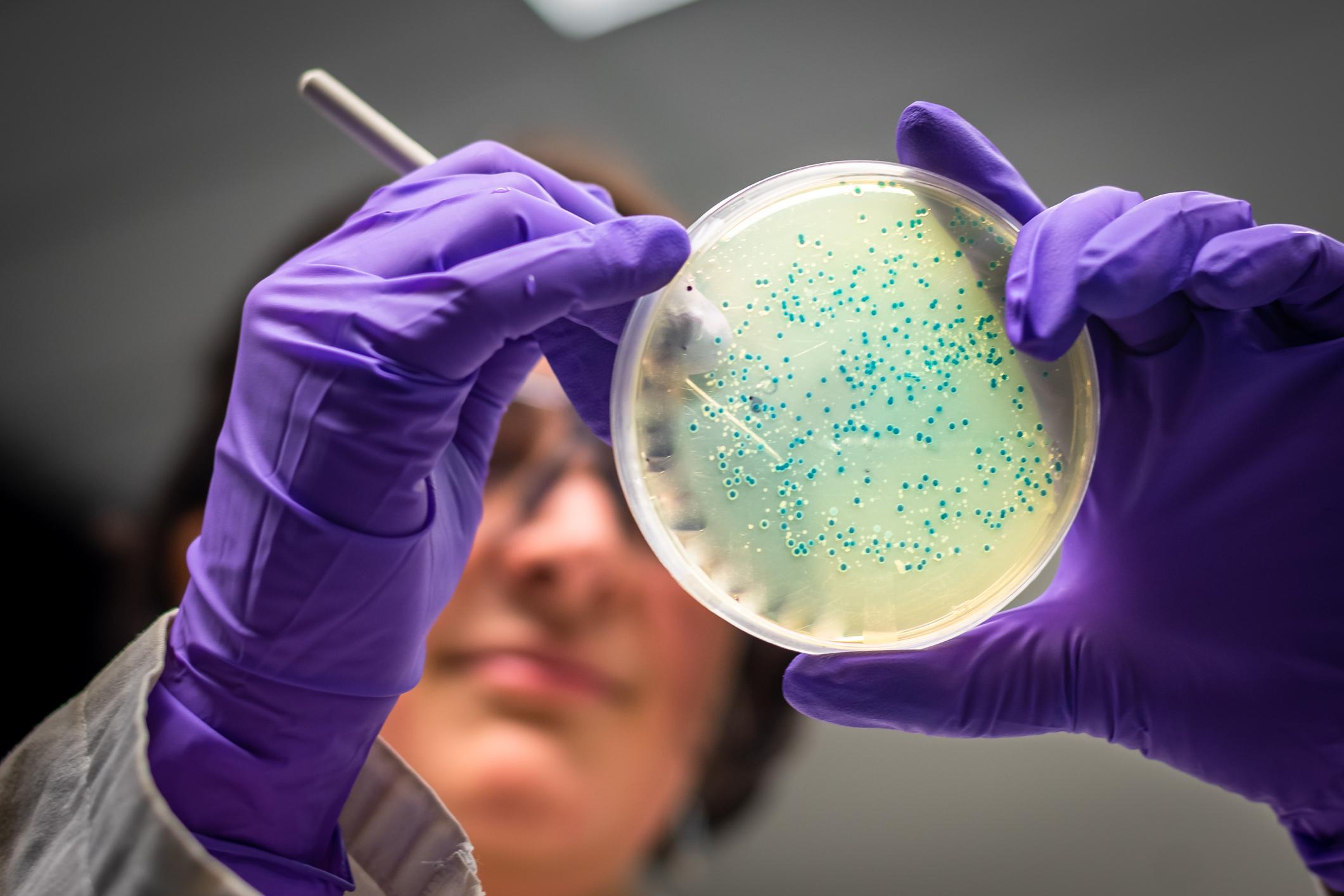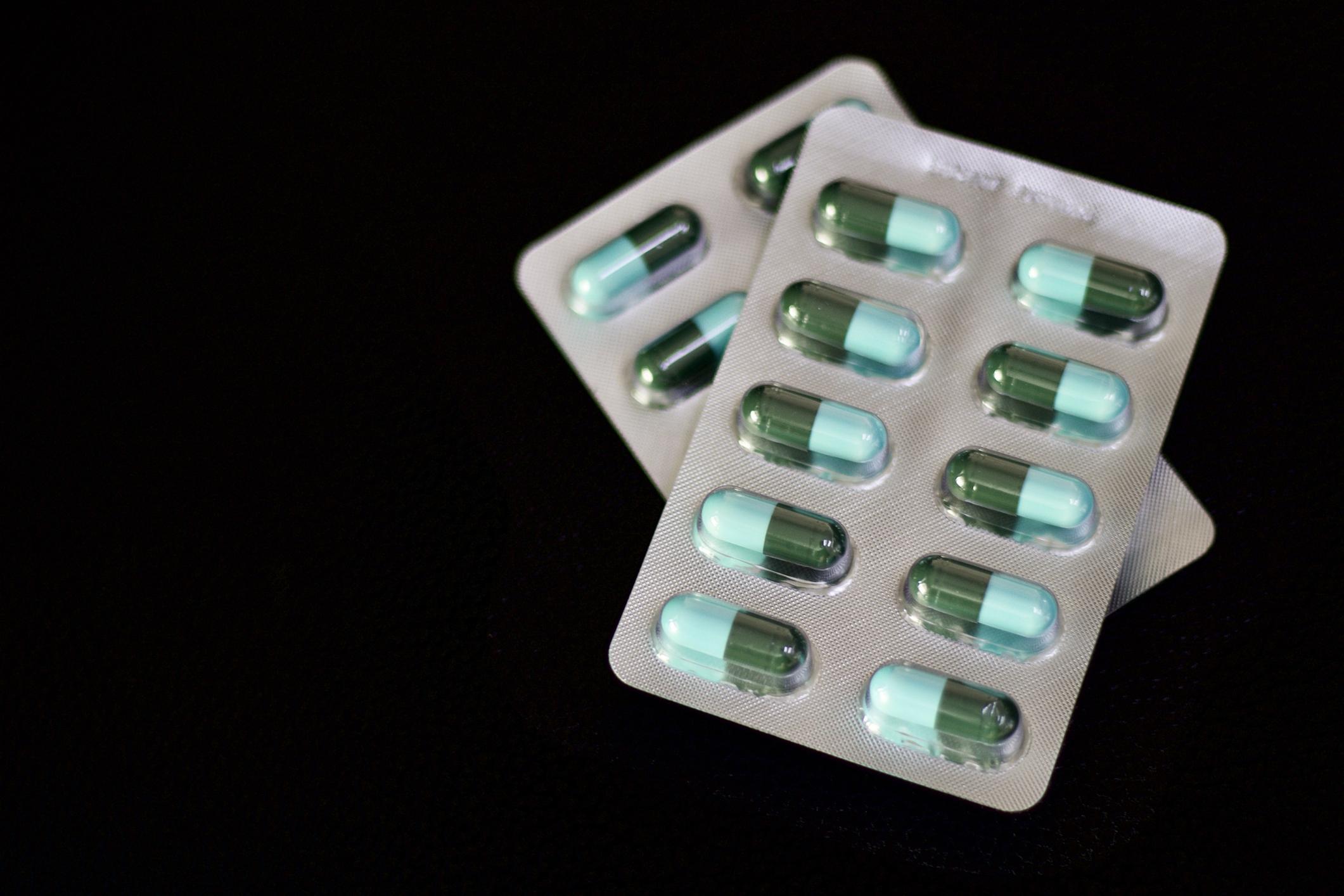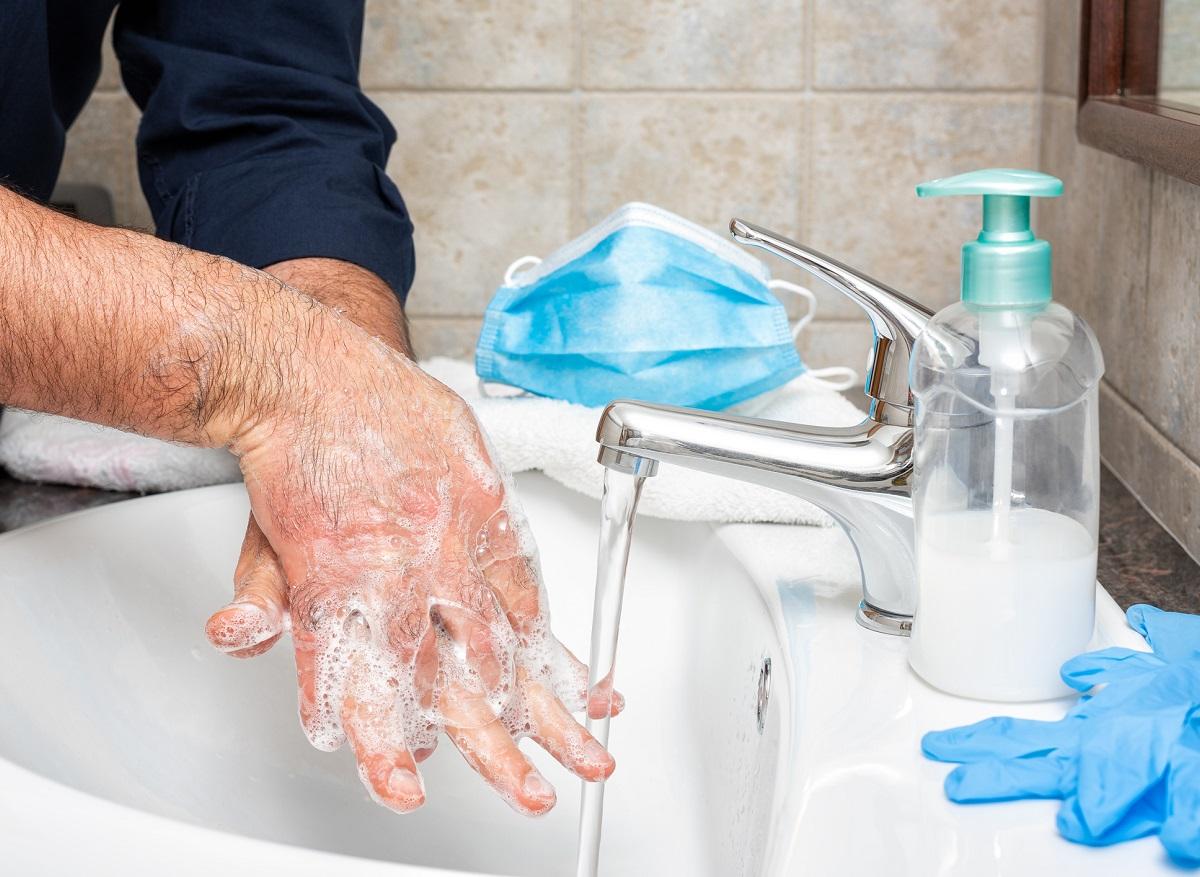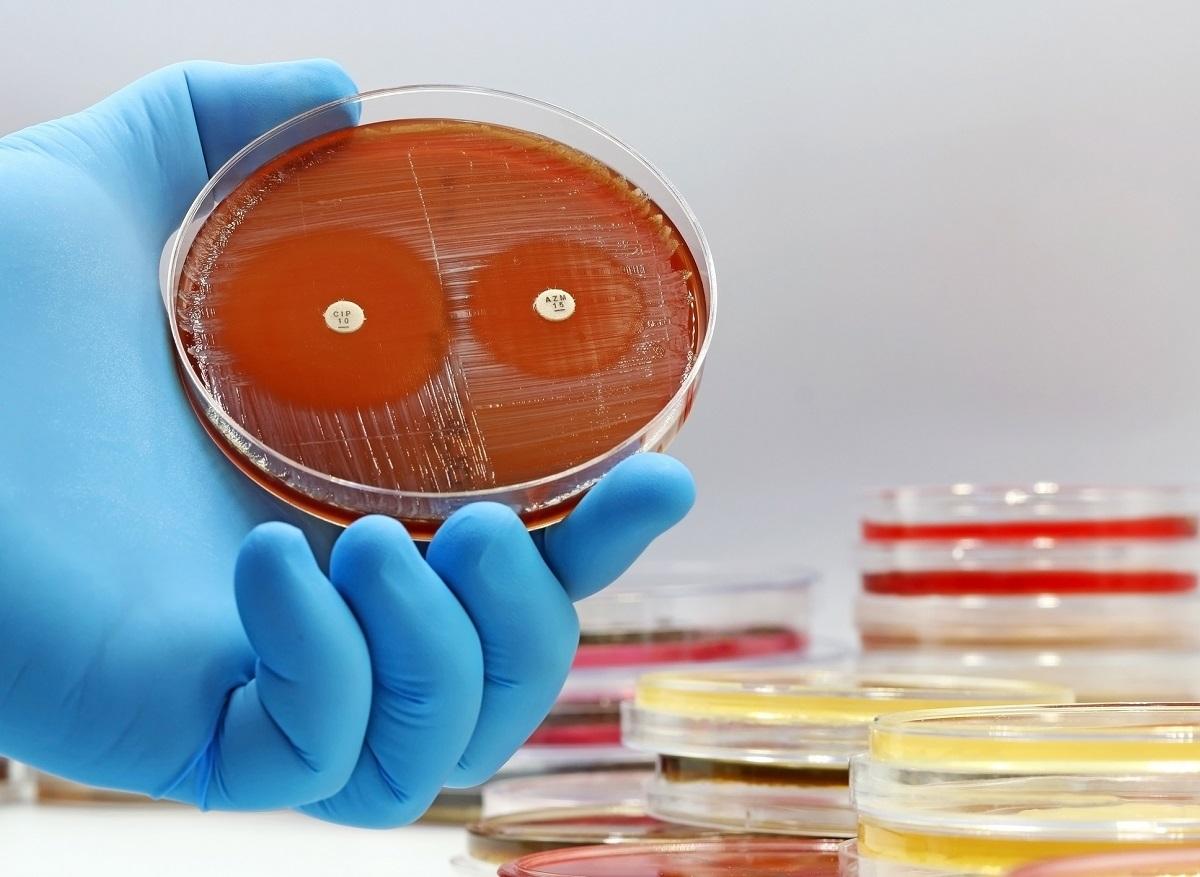Chlamydia, gonorrhea and syphilis are increasingly difficult to treat due to the emergence of antibiotic resistance.

Faced with the difficulty of treating sexually transmitted infections (STIs), due to antibiotic resistance, the World Health Organization (WHO) has just published new treatment guidelines for chlamydia infections, gonorrhea and syphilis .
“It is estimated that, each year, 131 million people contract chlamydia, 78 million gonorrhea and 5.6 million syphilis,” said the WHO in a statement. All three STIs are caused by bacteria and can be cured with antibiotic treatment. But for several years, some drugs have become ineffective due to their misuse.

Sometimes fatal STIs
“Chlamydia, gonorrhea and syphilis are major public health problems around the world, affecting the quality of life of millions of people and causing serious and even fatal illnesses,” said Ian Askew, director of the Reproductive Health Department and research at WHO.
Indeed, if left untreated, they can lead to serious long-term complications for women and newborns, such as ectopic pregnancies, miscarriages and newborn deaths. They also increase the risk of contracting HIV by a factor of two or three. Left untreated, gonorrhea and chlamydia can also cause infertility in men or women.
“The new WHO treatment guidelines emphasize the need to treat these STIs with the right antibiotic, at the right dosage and at the right time to limit their spread and improve sexual and reproductive health. To do this, the national health services must follow the evolution of the antimicrobial resistance patterns of these diseases in the country, ”adds Ian Askew.
Of these three infections, gonorrhea is the most resistant to antibiotics. Some bacterial strains do not respond to any current treatment.
To fight against this infection, WHO calls on national health authorities to determine the prevalence of mutli-resistant strains and adapt treatments accordingly. The UN agency specifies that it does not recommend quinolones because of the high frequency of resistance.

On the side of syphilis, the Organization recommends using a dose of benzathine-penicillin, an antibiotic injected into the buttock or thigh. “It is the most effective treatment against syphilis, it is the most effective and the cheapest oral antibiotics”, indicates the health agency which underlines that the stocks of this drug are insufficient for several years.
WHO also recalls that the condom – when used correctly and consistently – is one of the most effective means of protection against STIs.

.








